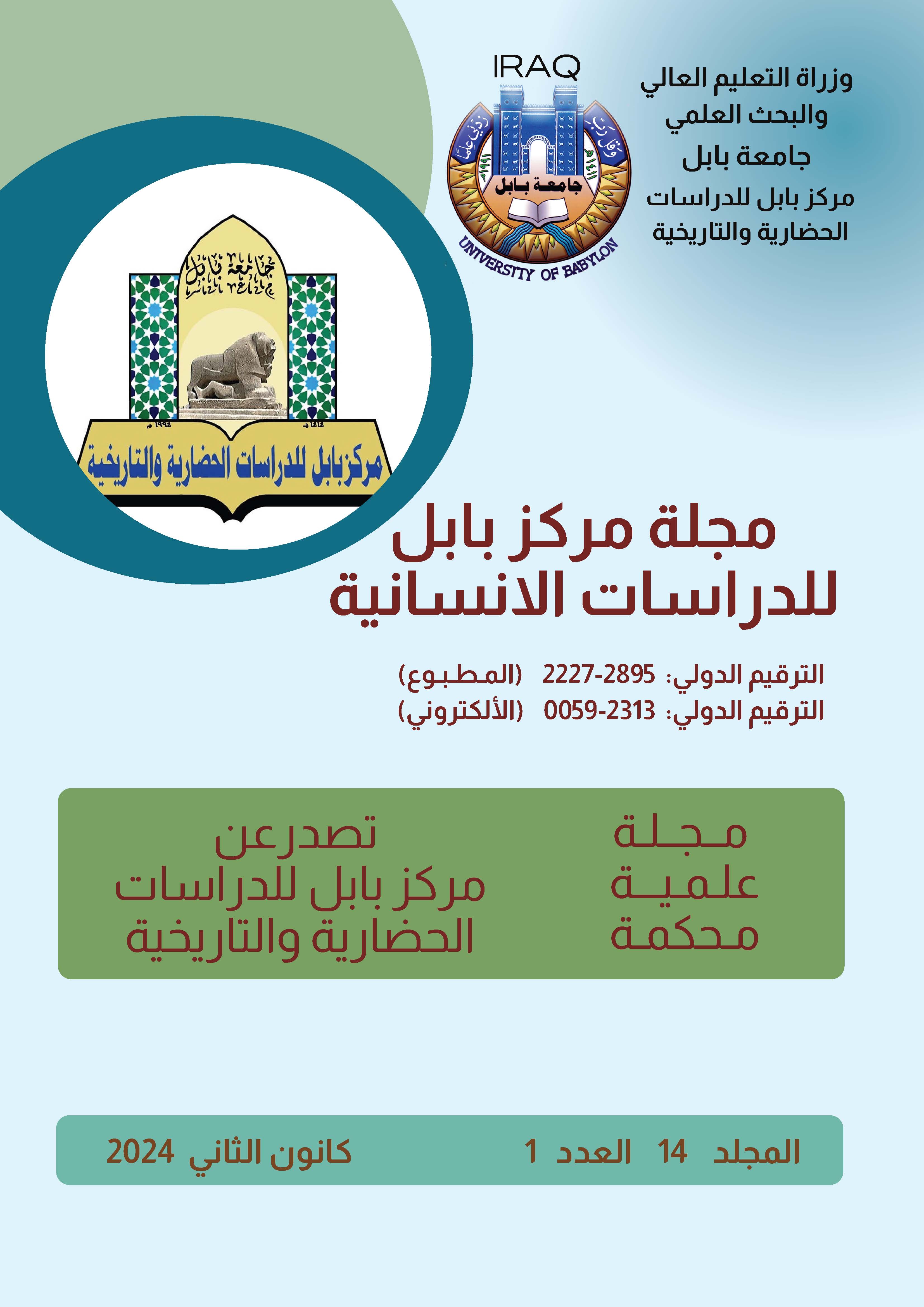The Egyptian-Turkish dispute in light of Turkey's accession to the Middle East leadership project in 1951
Keywords:
Egyptian dispute, leadership of the Middle East, accession, TurkeyAbstract
The research aims to shed light on the Middle East leadership project and to explain its role and the extent of its impact on the political situation between Egypt and Turkey. In 1951 Turkey joined the Middle East leadership project. At a time when the four countries submitted a proposal represented by (the United States of America, Britain, France and Turkey) to choose Egypt as the headquarters for this project. Hence, the differences between Egypt and Turkey began, and the Egyptian response came by refusing or allying with the West and adhering to its historical position against this project, stressing that Egypt's accession to it would lead to strengthening the British presence inside Egyptian lands, especially the Suez Canal, as Turkey defended it in a major defense against Britain and called it British rights. In the Suez Canal without taking into account the Egyptian rights, these positions provoked clear Arab reactions against Turkey, embodied in the burning of the Turkish flag in Syria on the fifteenth of November 1951, and after failing to persuade Egypt to join the project, the Prime Minister of Turkey, Adnan Menderes, hurried to go to London On the sixteenth of October 1952, requesting that the name of the Middle East Leadership project be changed to the Middle East Defense Organization, and we may conclude from this conflict tension in Egyptian-Turkish relations.







